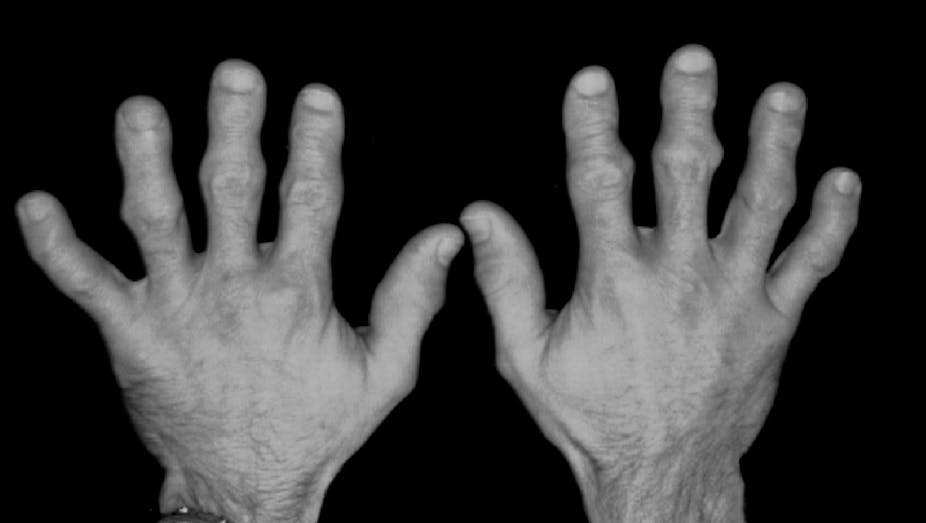Australian researchers have pinpointed a gene that helps cause osteoarthritis, paving the way for new drugs that may one day improve or even prevent the painful condition.
Osteoarthritis commonly affects older people or those who have suffered an injury, causing swollen joints and gnarled hands and feet, but can also affect children as young as five who have inherited a condition called familial digital arthropathy brachydactyly (FDAB).
By studying three unrelated families with FDAB, researchers from Murdoch Childrens Research Institute determined that those with the hereditary version of osteoarthritis had a mutation in a gene called TRPV4.
TRPV4 helps regulate the entry of calcium into cells, a vital function for normal cell function. The researchers discovered that a mutation in TRPV4 stops the gene from working properly and that this was causing the osteoarthritis in the families with FDAB that they studied.
“Understanding what causes arthritis has implications not just for these rare families but more broadly for arthritis sufferers,"said one of the researchers, Dr Shireen Lamande from Murdoch Childrens Research Institute.
To test whether TRPV4 function was linked to non-inherited types of osteoarthritis, the researchers studied mice that developed the condition after an injury.
"We found the gene was turned down during the development of arthritis following injury. If we could find a way to keep this gene active following an injury, then maybe we can ameliorate the arthritis or prevent it developing. That’s where we would like to see the research going next,” said Dr Lamande.
The breakthrough may also help older people with arthritis, who commonly also develop the condition after years of minor injury or wear and tear on the joints, she said.
Further research may look into development of drugs to keep TRPV4 working well, in order to regulate calcium flow into the cell and hopefully stave off arthritis, said Dr Lamande.

